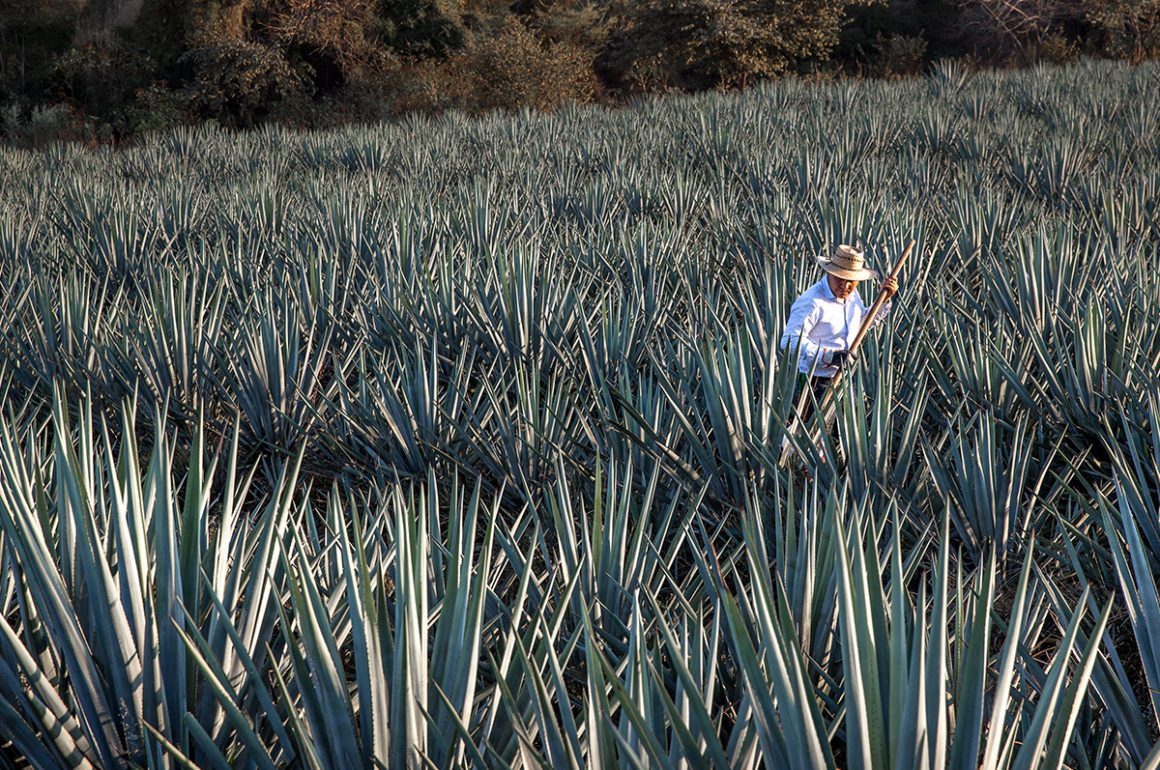
Beam Suntory has established the James B. Beam Institute for Kentucky Spirits at the University of Kentucky, which supports a curriculum to educate the next generation of distillers
Kim Marotta is head of sustainability at Beam Suntory, the drinks behemoth behind Jim Beam, Courvoisier and Sipsmith with annual revenues of more than $4bn. She speaks to Ella Johnson about what the sector can do to help preserve water and agricultural resources, and why more companies need to be putting their necks on the ESG line

Kim Marotta
LUX: Why has the spirits industry been slower to act on ESG than food?
Kim Marotta: The spirits and food industries share several foundational environmental concerns: the sustainability of agriculture, helping fight climate change, looking after water resources and working towards more sustainable packaging.
While the spirits industry may not have been as visible in communicating its work as the food industry, I do think these have been central concerns for a long time. From agave, to corn, wheat to barley, and of course, water, I’m glad to see both industries on the same page in terms of the importance of environmental sustainability.

Tequila from agave fields can take between 8 and 12 years to harvest
LUX: Where do the challenges lie?
Kim Marotta: Water, transport and packaging. It goes without saying that water is one of the two foundational ingredients in the spirits industry, presenting enormous opportunity for positive environmental impact. We have established water sanctuaries in Loretto, Kentucky, at Maker’s Mark and in Clermont, Kentucky, at Jim Beam. We’ve also set out an extensive program of peatlands water sanctuaries in the Highlands of Scotland, not to mention our pioneering work in the tequila industry where our Casa Sauza brand has the lowest carbon footprint and water usage.
Follow LUX on Instagram: luxthemagazine
With transport, just looking at the amount of products spirits companies ship all over the world, there is a fantastic opportunity to influence and partner with logistics groups to ensure everyone is working together for more sustainable methods of transport.
Packaging, one of the most crucial parts of the customer relationship to any premium spirit brand, is also a critical area. Brands all around the world are looking at how to make it more sustainable, whether it’s conducting a lifecycle analysis on every piece of packaging, as we do, to prioritising right weighting to minimise materials usage and waste, to total redesign of bottles, which we did this year with Courvoisier.

Following Beam Suntory’s establishment of Natural Water Sanctuaries in both Japan and the US, their new initiative focuses on peatlands water sanctuaries in the Highlands of Scotland
LUX: What is the biggest obstacle the industry faces right now?
Kim Marotta: Mobilising the industry, governments, NGOs, communities and customers to all come together and drive real change. This is obviously a huge task and needs to be a global effort. While there has been significant progress in recent years, there is still a lot of work to be done.
LUX: Which group is most important?
Kim Marotta: I’m not sure any one of these groups can be singled out as the most important, but what we do often see is that change is accelerated by consumer preferences and activism. That said, corporations and governments play a central role in ensuring the important issues are addressed for the long-term.
Read more: Unilever’s Rebecca Marmot On The Sustainable Everyday
LUX: Beam Suntory saw sales up by 11% in 2021, the same year that it launched its Proof Positive program. Does this imply a correlation between profit and purpose?
Kim Marotta: Proof Positive only launched last year and is a long-term initiative over ten years, so I don’t know that that alone demonstrates a correlation between the two. However, what does show that connection is that the foundation of Proof Positive – what we refer to as ‘Growing for Good’ – has been part of our DNA for generations. That certainly has helped our performance, and, I would argue, has shown itself as a commercial imperative.
LUX: How are you embedding social justice into your sustainability strategy?
Kim Marotta: Our ambitions, by 2030, are to have 45% racially and ethnically diverse employee representation in the US and to achieve an industry-leading sense of belonging among employees. We are also committing to achieve one million volunteer hours to communities and initiatives that promote social justice and to reach 50% women representation in leadership positions.

Maker’s Mark, Loretto, Kentucky
We partner closely with our employee impact groups to ensure that we are guided by our people and values in how we support social justice. We’re committed to financially supporting the important work undertaken by leading social justice organisations.
For example, Courvoisier has partnered with the National Urban League to support Black-owned businesses and entrepreneurs facing hardship as a result of the pandemic and committed $1 million to provide support to Black-owned businesses over the span of five years. Hornitos, another of our brands, has also made significant donations to The League of United Latin American Citizens and We Are All Human to support the Fair Shot program, which supports immigrants seeking US citizenship.
Read more: GreenBiz’s Heather Clancy On Corporate Climate Action
LUX: How can companies move their ESG agendas beyond reporting and compliance towards business enablement?
Kim Marotta: Companies should not be afraid to set out the most ambitious targets that they can, even if the specific road map isn’t totally clear. Whether they’re unsure if the technology is there, or what the commitment to R&D might be over the years, the solution is simple: set aggressive targets, make the investments in technology you need to make to hit those targets, and be accountable and transparent, showing evidence of progress along the way. If companies aren’t setting aggressive targets, they aren’t going to make as much as of an impact as they can.
Kim Marotta is Global Vice President – Environmental Sustainability at Beam Suntory
Find out more: beamsuntory.com







Recent Comments